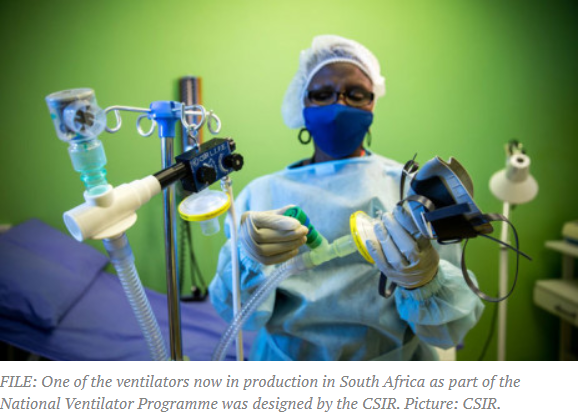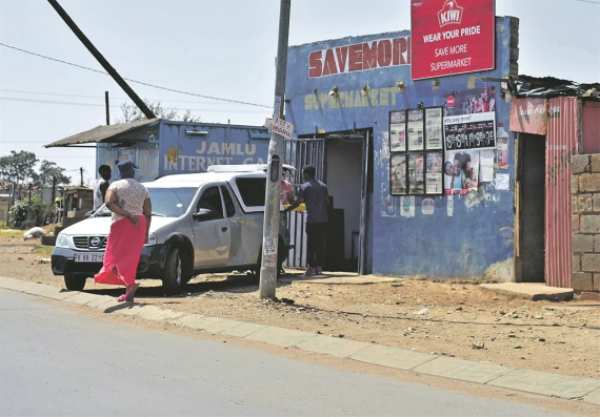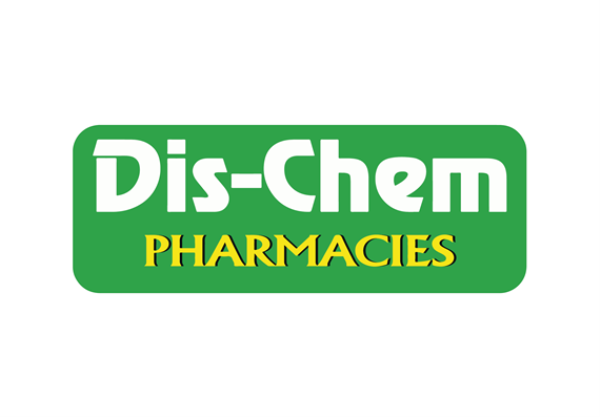During the toughest part of hard lockdown, government announced plans to use the pandemic to try and pivot the economy and reignite manufacturing. Eyewitness News looks at the progress made so far
CAPE TOWN - As active COVID-19 cases continue to rise, government is celebrating some of the small wins that have come about because of the pandemic.
During the hardest part of hard lockdown, government announced plans to use the pandemic to try and pivot the economy and reignite manufacturing.
Their key focus areas included South African produced ventilators, personal protective equipment (PPE), and test reagents required for COVID-19 testing made right here.
Ventilator manufacture was one of the series of projects launched at the height of lockdown in an attempt to meet our own needs and potentially reinvigorate the manufacturing industry.
The COVID-19 pandemic really exposed South Africa’s reliance on international markets.
It’s not easy being a relatively small economy vying against global super-powers for resources like ventilators and sought-after PPE.
By the time the nation’s COVID infection count had hit 1,500, authorities started to worry there wouldn’t be enough ventilators to go around and so began the project to make our own.
Government tasked the South African Radio Astronomy Observatory to lead the National Ventilator Programme (NVP).
SARAO engineering team head and NVP manager, Willem Esterhuyse, said this was due to its experience designing sophisticated systems for the MeerKAT radio telescope in the Northern Cape.
The Solidarity Fund kicked in R250 million to get the project going.
“In addition to that, there’s been a number of other manufacturers who have obtained licences, so if the demand for these ventilator machines was to go up in future, we would have significant local capability in South Africa that can be used,” said Esterhuyse.
The Department of Trade, Industry and Competition has confirmed more than 20,000 ventilators have been produced and distributed right here in South Africa.
Minister Ebrahim Patel said the ventilators had been distributed to healthcare facilities across the country, but it was hoped that they would eventually become an export good.
HAND SANITISER EXPORTS
The Department has also confirmed that South Africa had exported hand sanitiser to more than 20 African countries and valued at more than R1.66 billion.
“That is a very significant business now, we’re also selling both hand sanitisers and face masks to neighbouring countries, so it does show the opportunity of using innovation to drive our manufacturing programme.”
Patel said the capacity to manufacture medical grade or N95 face masks had also expanded rapidly.
“At the start of the pandemic the country was producing 6 million units per month. We now have the capacity to produce 13 million units per month and we’ve got about ten factories producing them.”
For the moment that production guarantees some steady flow for the nation’s healthcare workers, but in future those masks can also be used in the mining industry and other sectors
The production of a COVID-19 vaccine currently being developed by pharmaceutical company Johnson & Johnson is also on the cards.
“They will use Aspen Pharmacare’s facilities in Nelson Mandela Bay to produce vaccines. As soon as their vaccine has been completed and approved, manufacturing will take place in South Africa,” said Patel.
SA REAGENTS ON THE HORIZON
Meanwhile, locally produced reagents required for COVID-19 testing are expected to be market-ready in the next three months.
The Centre for Scientific and Industrial Research has been leading this initiative, since a shortage of test kits and reagents threatened South Africa’s ability to effectively respond to the COVID-19 pandemic in June.
Back then countries across the globe expanded their testing strategy in a bid to rein in the rapidly spreading coronavirus and the demand for reagents rocketed.
The COVID-19 pandemic caught most countries off guard - an unknown virus, with very little known about its characteristics.
When it hit home, it spread like wildfire and soon testing laboratories were stretched to capacity.
CSIR senior researcher Doctor Lusisizwe Kwezi said together with one of its spin-off companies - CapeBio Technologies – it received R1.4 million in funding from the South African Medical Research Council to develop a reagent prototype for COVID-19 test kits.
“To date we have developed a prototype, that we have shown that in the lab using diagnostic materials you’re able to detect specific COVID-related biomarkers.”
Kwezi said they’re finalising validation processes, before submitting the prototype to the South African Health Products Regulatory Authority (SAHPRA) for further scrutiny.
“Hopefully soon, we can start getting some data back. I think once we have that, we can now complete the dossier and submit the prototype to SAHPRA for evaluation and licensing.”
Scientists have condensed the reagent development process that normally takes some years to complete, into six months.
A main aim of this project is to ensure we have enough reagents for the country, but also competitiveness when it comes to costs.
Reagents are used to extract viral DNA from a throat or nasopharyngeal swab, needed for a laboratory confirmed COVID-19 diagnosis.
Read the Full article HERE





